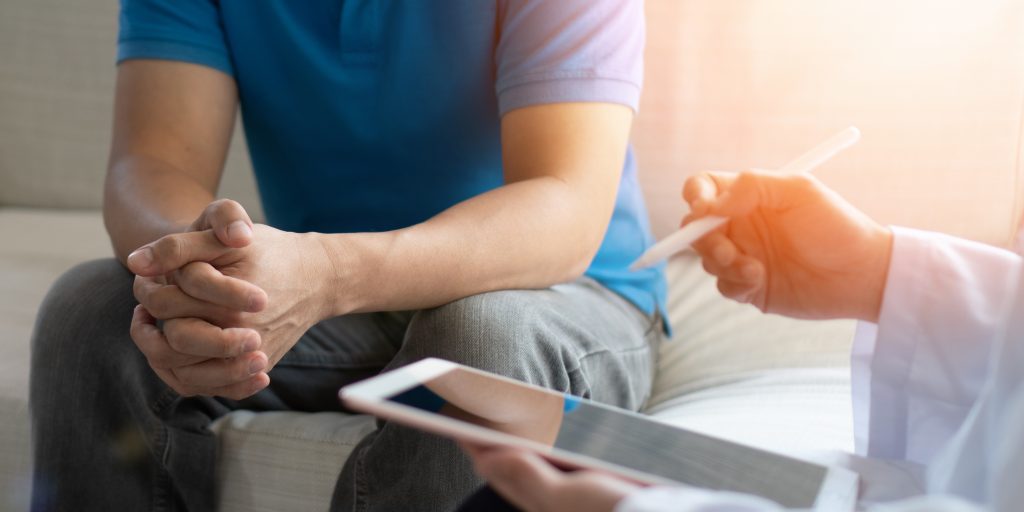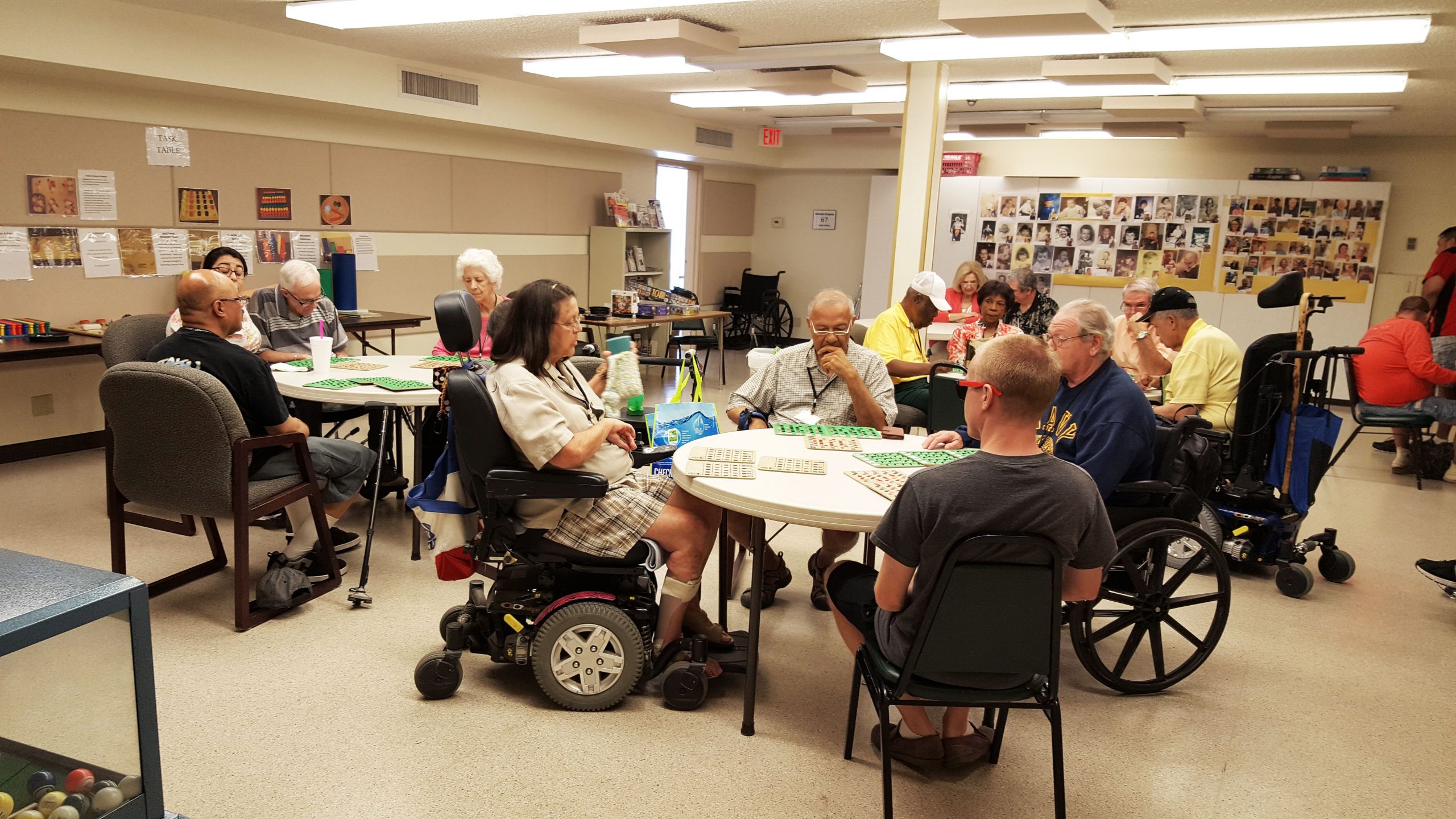Contributing writer, Sofie Letts, Meditationhelp.net
sophie.letts@meditationhelp.net
Anxiety disorders come with a myriad of unpleasant symptoms, but for many, the anxiety or panic attack is the most alarming and challenging of them all. Anxiety attacks can look and feel many different ways, but they all come down to stress, fear, or other negative emotions hitting an overwhelming breaking point.
Anxiety is a common element in many broader health issues, and the Neuro Vitality Center understands how stress plays a role in overall neurological health. The good news is, there are many extremely effective ways to prevent and manage anxiety attacks. We’re going to take a look at some of the tools you can use to cope with this anxiety symptom:

Learn How to Recognize The Early Signs
Once an anxiety attack is in full tilt, it’s much harder (but not impossible; we’ll get to that) to get out of that state. However, in the minutes leading up to an anxiety attack there are often external triggers and internal cues that can clue you in and give you time to head the attack off at the pass.
External triggers are things that happen to or around you that spike your anxiety. This could be a fight with a family member, hearing bad news, walking into a messy room – anything that might increase the intensity of unpleasant emotions. Internal cues are things like racing thoughts, increased heart rate, or feeling fidgety.
Use a journal or mood-tracking app so you can begin to recognize these cues and triggers, and then come up with a game plan. If a messy room makes you overwhelmed, work on turning your home into a calming and happy space. If you always feel overheated before a panic attack, start doing calming exercises as soon as you notice that symptom.
Develop Coping Tools
There are several anti-anxiety coping methods that are really effective at preventing anxiety attacks. These can work in the crucial moments before an anxiety attack kicks off, but they’re most effective when practiced regularly. For example, mindfulness is a great tool that’s made all the better when you do it regularly. PsychCentral recommends spending at least ten minutes being mindful every day. Remember, mindfulness isn’t just about meditation. You can mindfully go on a walk, eat dinner, do the dishes; every single moment provides an opportunity to live in the present.
It’s also good to practice de-escalation coping skills, such as mantras, journaling and rhythmic breathing, while you’re not panicked. These are great for those moments just before an anxiety attack, but it can be hard to remember how to do them. If you’re practiced, you’ll have an easier time using the skill effectively.
When Attacks Happen Even if you get very good at seeing and reacting to the warning signs of an anxiety attack, sometimes it’s going to get away from you. Once you’re in a heightened state, tools like mantras just aren’t going to cut it. This is because, during an anxiety attack, your body is in fight or flight mode. You need to address the physical aspect of the attack before you can make headway on the mental side.
One way to do this is to do a grounding exercise, such as holding an ice cube. This can wake you up to your body and help bring you into the present moment. Vigorous exercise, such as doing jumping jacks as fast as you can, can burn off some of your excess adrenaline, lowering the intensity of your body’s response.
One shockingly effective tool is to trigger the Diver’s Response. You can do so by dunking your face into a bowl of cold water, or even just by leaning face-forward into an ice pack and holding your breath for a short period of time. There’s solid science behind how this works, and Breatheology explains it can bring your emotional intensity down in a matter of seconds.
Anxiety attacks are scary and exhausting, but you can prevent and manage them with practice. You deserve a life without anxiety. We hope these tools help you discover how to achieve it.
If you need guidance or resources for managing a neurological disorder, the Neuro Vitality Center is ready to help. info@neuability.org 760-323-7676

